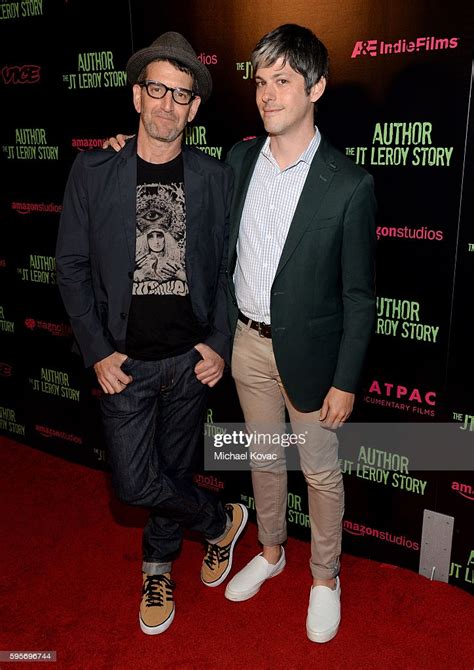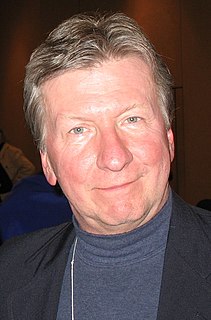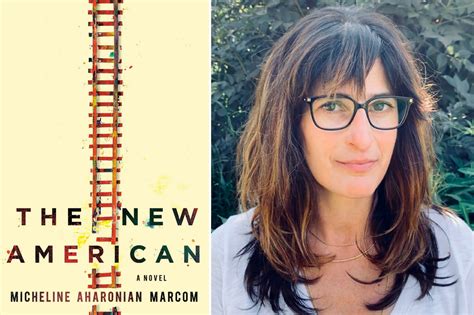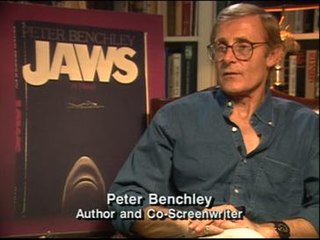A Quote by Lauren Weisberger
I've read pretty broadly on the Holocaust - both fiction and non-fiction - and to me, 'The Lost Wife' is one of the best. The horrors of war serve as a backdrop to a love affair that spans a lifetime, and that love story stayed with me long after I put down the book.
Related Quotes
I'm a compulsive reader of fiction. I fell in love with novels when I was a teenager. My wife Marilyn and I... our initial friendship began because we are both readers. I've gone to sleep almost every night of my life after having read in a novel for 30 or 40 minutes. I'm a great reader of fiction and much less so of non-fiction.
When I write a book I write the best that I can and so much of that for me is following the book's demands, the subject's requirements - I love books, I always have. They have always been one of the places where I have felt very happy in the world. When I was younger, I loved to read genre fiction - I loved the magic-carpet ride of story! Now I need other things - I need the beautiful particular and strange language and form which brings a writer's book to life in me and speaks to my intellect, and, dare I say it, to my soul.
In general, fiction is divided into 'literary fiction' and 'commercial fiction.' Nobody can definitively say what separates one from the other, but that doesn't stop everybody (including me) from trying. Your book probably will be perceived as one or the other, and that will affect how it is read, packaged and marketed.
It had also been my belief since I started writing fiction that science fiction is never really about the future. When science fiction is old, you can only read it as being pretty much about the moment in which it was written. But it seemed to me that the toolkit that science fiction had given me when I started working had become the toolkit of a kind of literary naturalism that could be applied to an inherently incredible present.







































